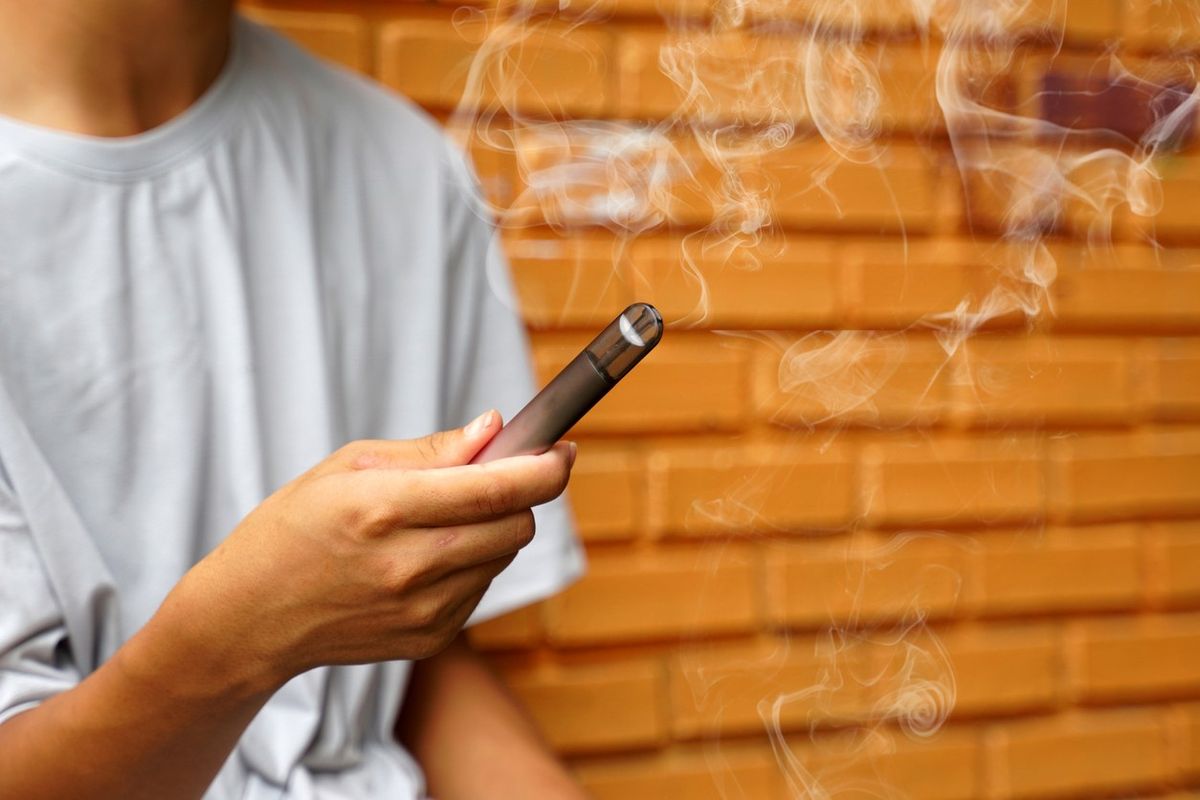Disposable vapes were officially banned in the UK in June 2025, and at the time, industry experts warned that this could lead to a rise in black market activity. There have been reports of a rapidly growing black market for disposable vapes and Trading Standards have been regularly making seizures of the now illegal product. Haypp has released new data indicating the ban is not working and uncovering the real scale of the black market in disposable vape bans.
According to new research, a huge 62.5 per cent of vapers are still using disposable vapes. This figure is significantly higher for those aged 25-34, with 82 per cent saying they are still using the banned devices.
More alarmingly, 35 per cent of disposable vape users say they are still buying disposable vapes.
While it’s not illegal to have possession of a disposable vape, it is illegal for disposable vapes to be sold. The challenge for the authorities is that with so many vapers reporting that they are still able to purchase the banned devices, it indicates a thriving black market and huge numbers of unscrupulous retailers.
The latest data shows where vapers go to purchase black market disposable vapes:
1. Local corner shops - 55%
2. Specialist vape shops - 37%
3. Supermarkets - 34%
4. Online retailers - 28%
5. Market stalls - 18%
6. Social media sellers - 14%
7. Private via friends/ family - 12%
8. Car boot sales - 10%
This data shows it is not just market stalls or social media dealers that are selling disposable vapes, but that corner shops and vape stores are the main sources of the problem. Unfortunately, this trend is set to continue, as 14 per cent admitted that they plan to continue purchasing disposable vapes in the future.
Worryingly, 78.5 per cent are using disposable vapes purchased before the ban, posing serious safety hazards. Disposable vapes typically have a shelf life of 12 to 24 months, but poor storage conditions can shorten that dramatically. The sealed lithium-ion batteries inside disposable vapes can become unstable when exposed to heat, moisture, or physical damage, especially if stored in large quantities. Anyone still stockpiling vapes should seriously consider disposing of these products.
Another potential impact of the ban was that some vapers would return to smoking, and around 6 per cent of vape users admitted they have started smoking cigarettes again.
Markus Lindblad, Head of External Affairs at Haypp, said: “The data from our latest report clearly demonstrates that the disposable vape ban is not yet working as expected. A staggering 62.5 per cent of vapers continue to use these illegal devices. The widespread availability of these illegal devices points to a very active black market that will be very difficult to police. In addition, we see that people have obviously stockpiled large quantities of disposable vapes, which presents its own safety issues. In this context, the government’s plan to introduce a retail licensing scheme for tobacco and nicotine products is a welcome and necessary move.”


